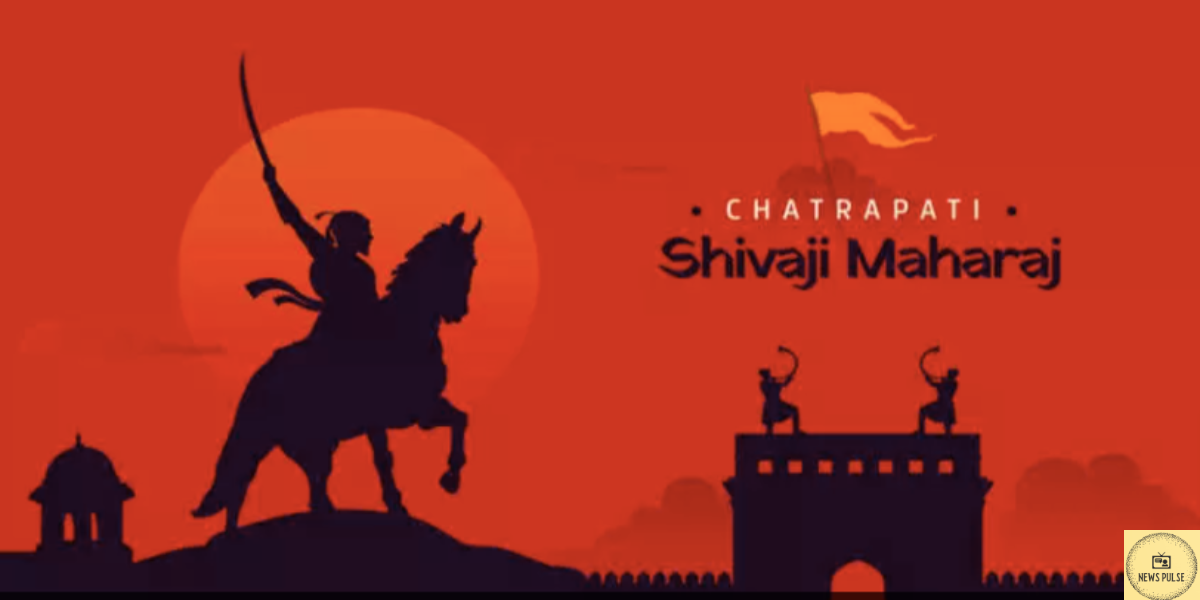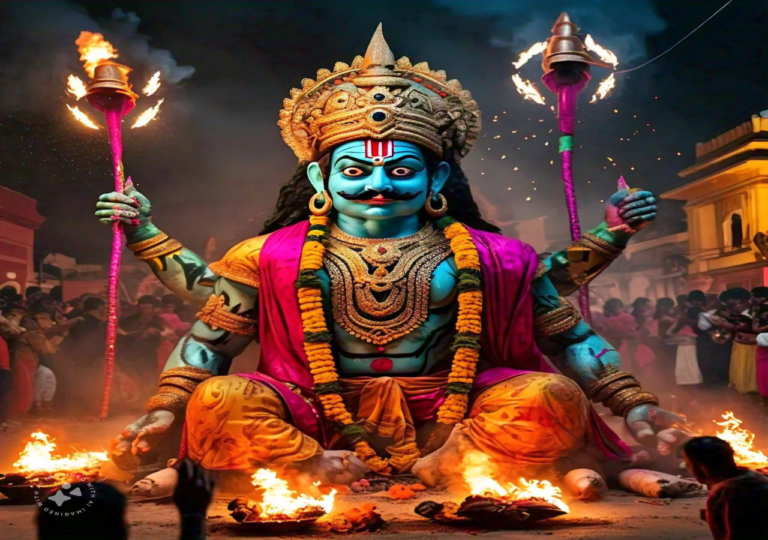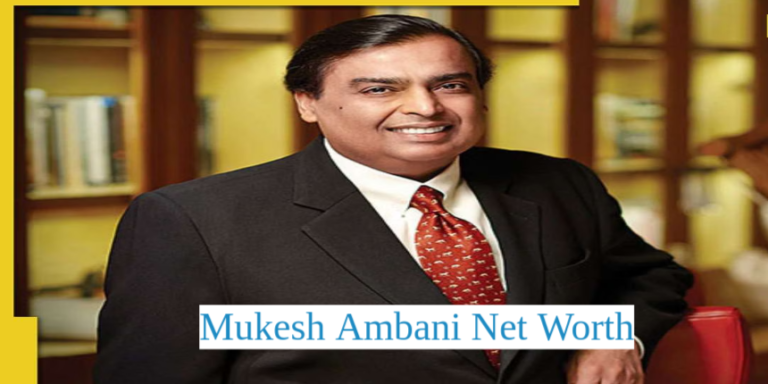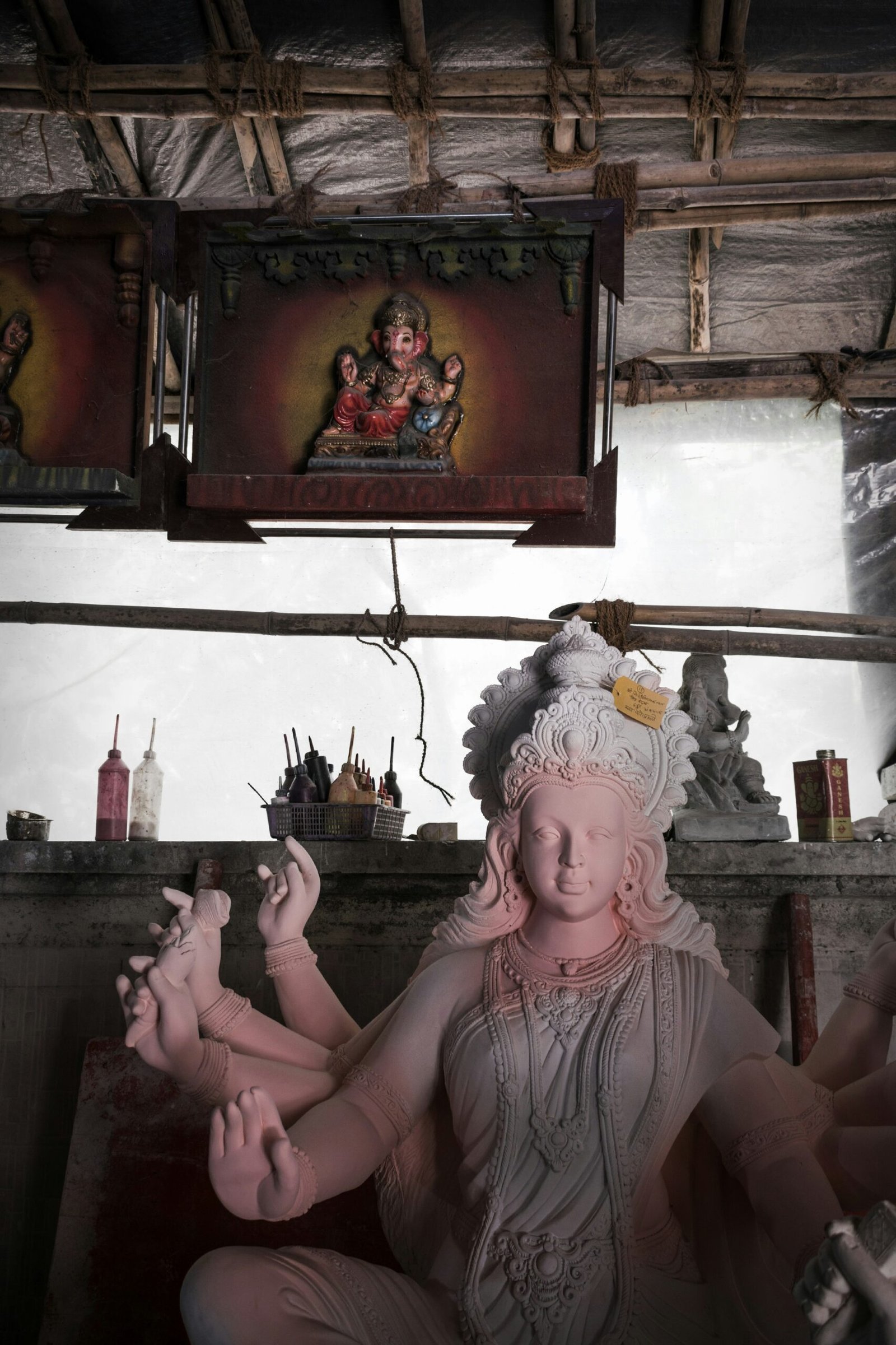
100 Words Essay on Shivaji Maharaj
Chhatrapati Shivajiraje Bhosale, known as Shivaji Maharaj, ruled parts of India from 1646 to 1680. Born on February 19, 1627, at Shivnari Fort, Maharashtra, he exhibited unwavering courage, combat skills, and fairness. A devoted reader of Hindu epics since childhood, Shivaji internalized their teachings. His bravery, innovative military strategies, and administrative skills left an indelible mark on history, earning him the title of Chhatrapati.
200 Words Essay on Shivaji Maharaj
Chhatrapati Shivaji Maharaj, the Maratha emperor, emerged as a beacon of hope during the Mughal rule. His rule from 1646 to 1680 showcased him as a fair and just leader, championing the cause of the oppressed. Mastering various survival and combat techniques, Shivaji expanded the Maratha Empire by subduing adversaries. His early education, coupled with his mother’s assertive traits, shaped his character. Shivaji Maharaj’s legacy as a freedom fighter and liberator of the common people remains unparalleled.
500 Words Essay on Shivaji Maharaj
Chhatrapati Shivaji Maharaj, the revered founder of the Maratha Empire (1646-1680), left an indelible mark on Indian history. Born on February 19, 1627, at Shivnari Fort, Maharashtra, Shivaji exhibited exceptional courage, resilience, and leadership qualities from a young age.
Shivaji’s parents, Shahaji Bhosale and Jijabai Bhosale, greatly influenced his upbringing. His mother, Jijabai, read Hindu texts to him, instilling in him a deep devotion to his roots. Despite his staunch Hindu beliefs, Shivaji was remarkably liberal, respecting and supporting other faiths.
The Maratha emperor’s reign was marked by strategic brilliance and administrative acumen. Establishing Raigad as his capital, Shivaji expanded the Maratha Empire by systematically capturing forts and defeating adversaries, including the Mughals and the British.
Shivaji’s military prowess was evident in various battles, such as the Battle of Pratapgad, where he faced the Adilshahi commander Afzal Khan. The Battle of Kolhapur and the Battle of Pavan Khind showcased his tactical genius, proving instrumental in expanding his empire.
One of Shivaji’s distinctive features was his emphasis on mental warfare. Realizing the limitations of his standing army against the Mughals, he employed guerrilla tactics known as Ganimi Kawa. Shivaji’s understanding of the terrain, coupled with his light cavalry’s mobility, allowed him to outsmart larger, slower armies.
Shivaji’s commitment to a warrior’s code of ethics and moral excellence earned him admiration and reverence. During the Indian Independence Movement, he was hailed as a national hero. While some debate the extent of influence by his guru Samarth Ramdas, there is consensus on Shivaji’s role in defending Swarajya’s principles and preserving Maratha heritage.
Chhatrapati Shivaji Maharaj’s legacy is a tapestry woven with threads of courage, strategic brilliance, and devotion to his people. His rule not only left an enduring impact on the Maratha Empire but also made him a symbol of inspiration for generations to come. Shivaji’s commitment to justice, administrative acumen, and military prowess solidify his place as a revered figure in Indian history.
Also Check:





